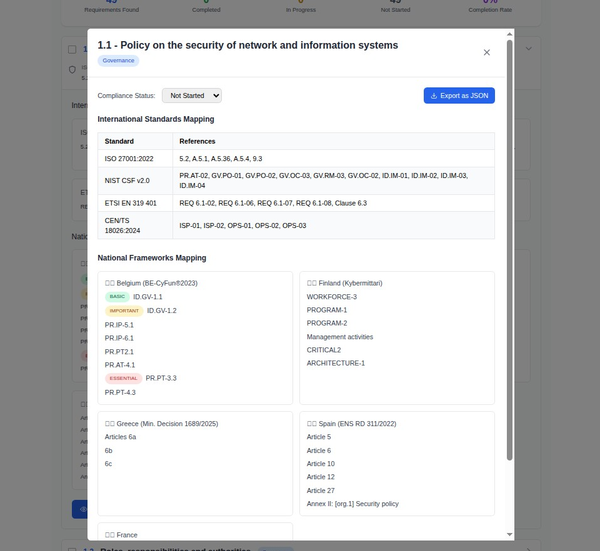The Role of Whistleblowers in Compliance

Introduction
Whistleblowers often find themselves at the center of compliance controversies, acting as the catalysts for exposing non-compliance within organizations. Despite the risks they face, their role is critical in maintaining ethical and legal standards. This article examines the role of whistleblowers in compliance and discusses the protections they need to safely report misconduct.
Who are Whistleblowers?
Definition
Whistleblowers are individuals who expose information or activities within an organization that are deemed illegal, unethical, or not in line with compliance regulations.
Types of Whistleblowers
- Internal Whistleblowers: Report misconduct within their organization.
- External Whistleblowers: Report misconduct to external entities like regulatory agencies or the media.
The Importance of Whistleblowers in Compliance
Exposing Non-Compliance
Whistleblowers play a crucial role in exposing non-compliance issues that might otherwise go unnoticed, thereby helping to maintain the integrity of an organization.
Deterrent Effect
The mere presence of a whistleblower system can act as a deterrent against non-compliance, as employees are aware that misconduct can be reported.
Public Trust
Whistleblowers help in building public trust by showing that there are mechanisms in place to expose and correct wrongdoing.
Challenges Faced by Whistleblowers
Retaliation
Whistleblowers often face retaliation from their employers, including termination, harassment, or demotion.
Stigma
There is often a social stigma attached to whistleblowing, making it a difficult decision for many individuals.
Legal Risks
In some cases, whistleblowers may also face legal repercussions if they disclose sensitive or classified information.
Legal Protections for Whistleblowers
Whistleblower Protection Acts
Various countries have enacted laws to protect whistleblowers from retaliation, such as the Whistleblower Protection Act in the United States.
Anonymous Reporting
Some organizations and regulatory bodies offer anonymous reporting channels to protect the identity of whistleblowers.
Financial Incentives
In certain jurisdictions, whistleblowers may be eligible for financial rewards if their information leads to successful legal action against the offending organization.
Conclusion
The role of whistleblowers in compliance is indispensable. They serve as the eyes and ears within organizations, helping to expose non-compliance and maintain ethical standards. However, whistleblowers often face significant challenges and risks, making it imperative for them to be provided with adequate legal protections. As compliance continues to be a focal point in modern business, the role of whistleblowers will only grow in importance.





